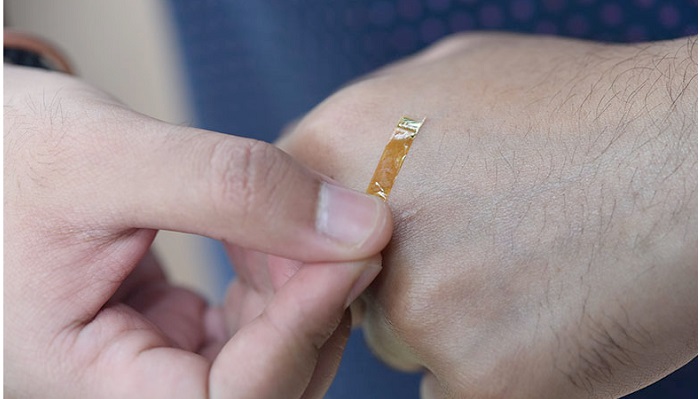A flexible as well as thin gold sensor that has been engineered at the University of Queensland in Australia has the potential to unlock the next generation of implantable medical devices.
By way of using a novel engineering method, the scientists of the Australian Institute for Bioengineering and Nanotechnology under the aegis of the University of Queensland were able to come up with a small, film-like sensor that happens to be flexible as well as sensitive enough to help with a more streamlined future as far as electronic medical implants as well as real-time sensing applications are concerned.
The complex approach that is used by Dr. Mostafa Kamal Masud and Aditya Ashok, the PhD candidate, brings us to a breakthrough in the flexible nanoarchitecture field and goes on to suggest a fresh way to miniaturise and enhance medical devices when it comes to biological sensing, diagnostics, and also neurological exploration.
The film-like sensor happens to represent an innovative approach in the field of mesoporous materials, which happen to be highly porous elements with traits that can go on to benefit catalysis, drug delivery, and the diagnostics phase.
The flexibility teamed with the sensitivity of the gold film makes it an apt wearable system in terms of real-time monitoring of body glucose, and as per Dr. Masud, there is indeed a strong potential when it comes to implanted nerve recording applications. The demand for a simple but robust application process that comes with such flexible electronics is quite enormous, he adds.



















